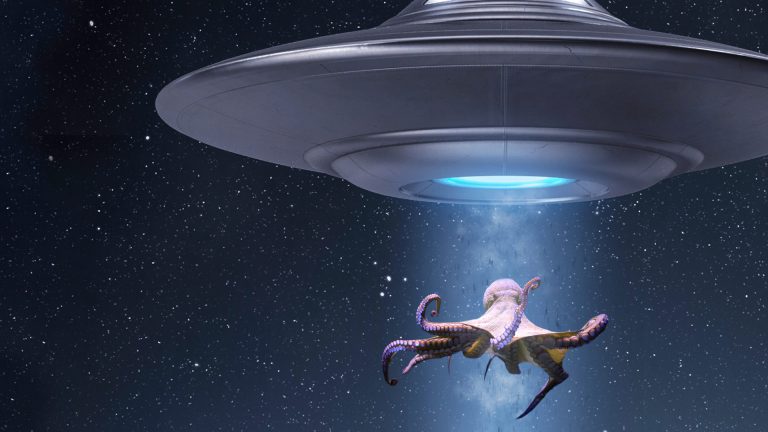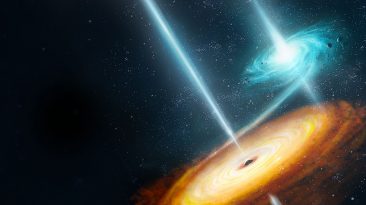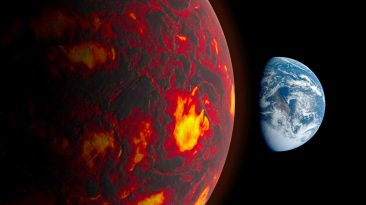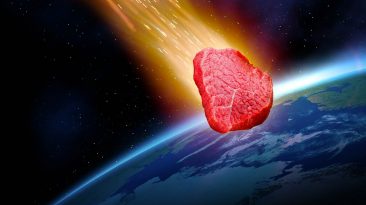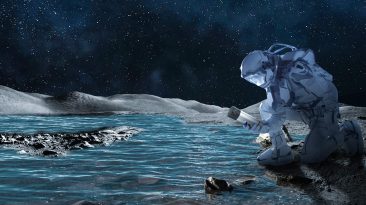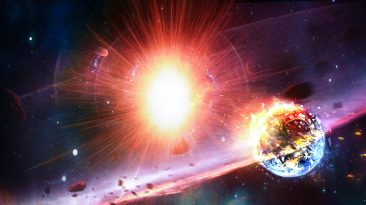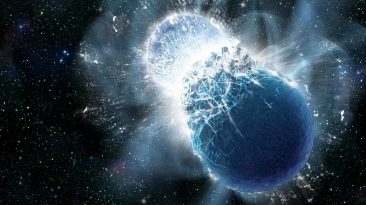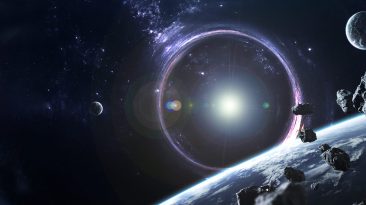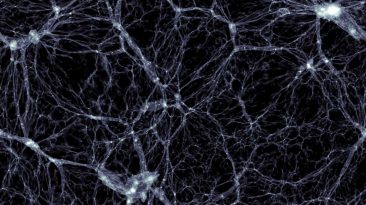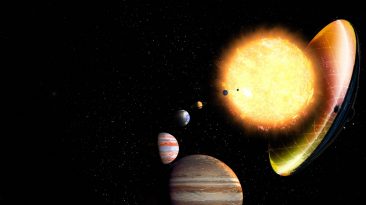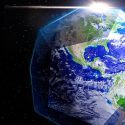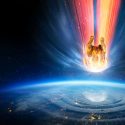What if I told you we discovered an alien species with an adaptable body? Advanced intelligence? And astounding camouflage skills?
Enter the octopus.
Wait. What did you think I was talking about? Could these slithery ocean dwellers really be from outer space? Where did they come from? And how did they get to Earth?
Alright, it’s time to put your tinfoil helmet on, because today we’re getting a little “out-there”. Octopuses are as cool as they are mysterious. So mysterious that some scientists are putting the theory forward that they aren’t even from our planet.
Octopuses are incredibly intelligent creatures and are masters of disguises. They can use their color-changing cells to blend in with the environment, move their arms to impersonate other ocean species, and are excellent problem solvers.
So what if they are so smart that they’ve pulled a fast one on all of us? What if they’re aliens, and have only convinced us they originated here on Earth?
The theory goes that 500 million years ago, an icy meteorite carrying an alien lifeform fell to Earth. This lifeform? Fertilized octopus eggs. Mind blown! Case closed! Thanks for watching, and be sure to like and subscribe.
Okay, I can see you’re skeptical, so let’s go a little deeper.
You’re probably asking how the heck is an alien lifeform going to survive in the cold reaches of space before getting to Earth? Well, here’s the thing. Microbes, such as those seen in bacteria, are extremely tough. Microbes can thrive in temperatures as low as -18°C (-0.4 °F) and can even be preserved in liquid nitrogen (LN2) at -196°C (-321 °F).
This means that they couldn’t care less about the extreme pressures of space, and in theory, could float around for billions of years before hitting a planet. But if the octopus did crash land on Earth 500 million years ago, where did it come from?
Well, we know the octopus is a water creature, so let’s start there. Our bet is on Europa, one of Jupiter’s moons. Europa has an icy exterior and might have a liquid ocean underneath. Seems like a cozy space for an interplanetary octopus, right?
Could a massive asteroid have smashed into Europa 500 million years ago resulting in huge chunks of debris being torn out into space? And if so, could some of that debris have held octopus eggs on it? The answer is, maybe?
Call me Fox Mulder, because I want to believe, but this is some really far-out stuff. Is calling an octopus an alien the only way to explain them? I mean, we have plenty of weird creatures on Earth without extraterrestrial interference.
In 2015, scientists were able to map the genome of the octopus. Did they find some surprises? Sure they did, but an alien origin story wasn’t one of them. The most significant discovery was that their genes split off from squids about 135 million years ago, which is long after they allegedly crashed into Earth.
So could octopuses really be from outer space? Well, it’s a fascinating theory, but as of today, it doesn’t have the science to back it up.
And even though they’re not from outer space, it doesn’t mean we can’t still learn from them. But don’t just take our word for it. Ask award-winning environmental journalist, and the director of “My Octopus Teacher,” Pippa Ehrlich. Join us on What If Discussed to take a deeper dive into the world of these fascinating creatures.
Sources
- “The Cambrian Explosion – Origin Of Animals And The Cambrian Explosion – Science – The Burgess Shale”. 2020. burgess-shale.rom.on.ca.
- “5 Reasons The Octopus Is The Coolest Animal In The Sea – Ocean Conservancy”. 2016. Erin Spencer. Ocean Conservancy.
- “Panspermia and the Origin of Life on Earth”. Earth, Panspermia, History Panspermia, and Recent Panspermia. 2020.
- “Does Jupiter’s Moon Europa Have A Subsurface Ocean? Here’s What We Know “. Emspak, Jesse. 2016. space.com.
- “Octopus And Squid Evolution Is Officially Weirder Than We Could Have Ever Imagined”. Dean, Signe. 2020. Sciencealert.
- “Does the organic material of comets predate our solar system?”. 2020. Sciencedaily.
- “No, Octopuses Don’t Come From Outer Space”. Writer, Brandon. 2018. livescience.com.


